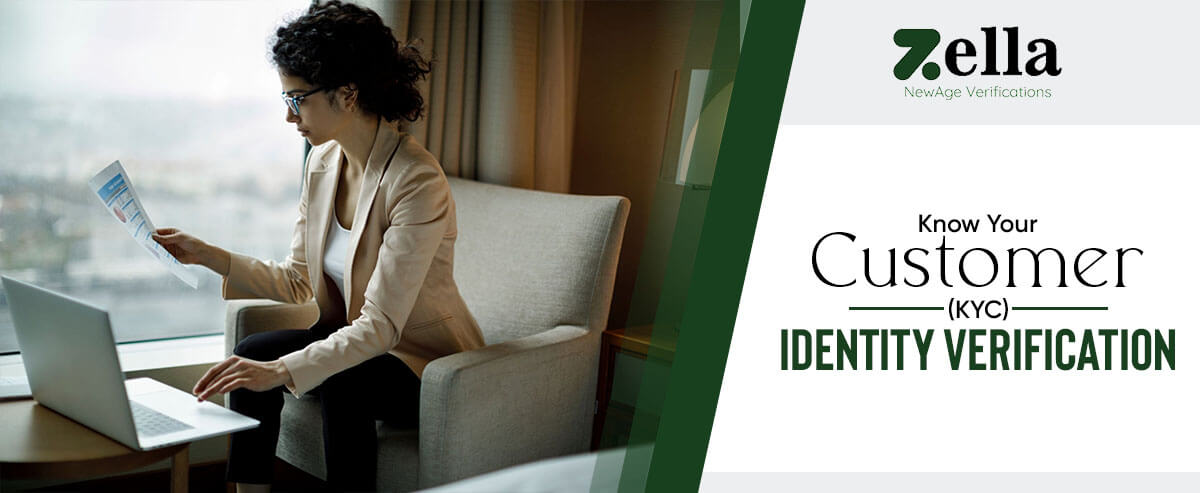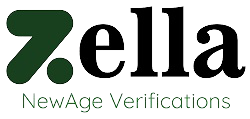
How does Know Your Customer (KYC) fit in with Identity Verification?
Fraud and identity theft are becoming more and more common, leaving businesses with the challenge of needing to find ways to protect their customers’ data. Know Your Customer (KYC) is one-way businesses can verify customer identities, but how does it fit into the bigger picture of identity verification? In this article, we discuss how KYC works as part of a larger identity verification process.
What is Know Your Customer (KYC)?
The term “Know Your Customer” (KYC) has been around for a long time, but its meaning has evolved in recent years. In the past, KYC was mostly used in the financial services industry to refer to the process of verifying the identity of a new customer. This usually involved confirming their name, address, and date of birth from a government-issued ID.
However, KYC now encompasses a much broader range of activities. The Financial Action Task Force (FATF), an international body that sets standards for combating money laundering and terrorist financing, defines KYC as “a risk-based approach to identifying and verifying the identity of customers”.
This means that instead of simply verifying someone’s identity, businesses now need to assess the risks posed by each customer. This is done by taking into account factors such as their country of origin, the type of product or service they are using, and whether they are acting on behalf of another person or entity.
Based on this assessment, businesses will then put in place appropriate measures to mitigate any risks identified. These could include enhanced due diligence for high-risk customers, ongoing monitoring of transactions, and reporting suspicious activity to authorities.
The introduction of KYC requirements has been driven by increasing concerns about money laundering, terrorist financing, and other illegal activities conducted through financial institutions. By better understanding their customers and assessing the risks they pose, businesses can help to protect themselves from being unknowingly used for these activities.
Why do we need KYC?
As the world becomes more digital, so too do our interactions with businesses. We no longer have to go into a physical store or bank to conduct transactions – we can do it all online.
However, this convenience comes with a trade-off. When we interact with businesses online, we are providing them with sensitive personal information. This includes things like our name, address, date of birth, and banking details.
With all of this information floating around, it’s important that businesses take measures to protect our data. One way they can do this is by using Know Your Customer (KYC) processes during identity verification.
In short, KYC involves verifying the identity of a customer before doing business with them. This helps to ensure that the person is who they say they are, and that their information is accurate.
There are many benefits of using KYC for both businesses and customers. For businesses, it helps to protect against fraud and money laundering. For customers, it helps to ensure that their personal information is safe and secure.
Overall, KYC is an important part of identity verification in the digital age. It helps to keep our personal information safe while still allowing us to conduct transactions online conveniently.
How does KYC fit in with Identity Verification?
In order to comply with KYC (Know Your Customer) regulations, businesses must verify the identity of their customers. There are a variety of ways to verify someone’s identity, but the most common methods are through the use of government-issued ID documents (e.g. passport, driver’s license, etc.), or by using biometric data (e.g. fingerprint, iris scan, etc.).
By verifying the identity of their customers, businesses can help to prevent fraud and money laundering. KYC compliance is a critical part of running a business, and it’s important to partner with a reputable provider who can offer a robust identity verification solution.
Conclusion
Zella is a background verification company that helps businesses verify the identity of their customers. Through its KYC process, businesses can confirm that the customer is who they say they are, helping to reduce fraud and other criminal activity. By utilizing Zella’s services, businesses can ensure that they are providing the correct services to the right person.

Leave a Comment